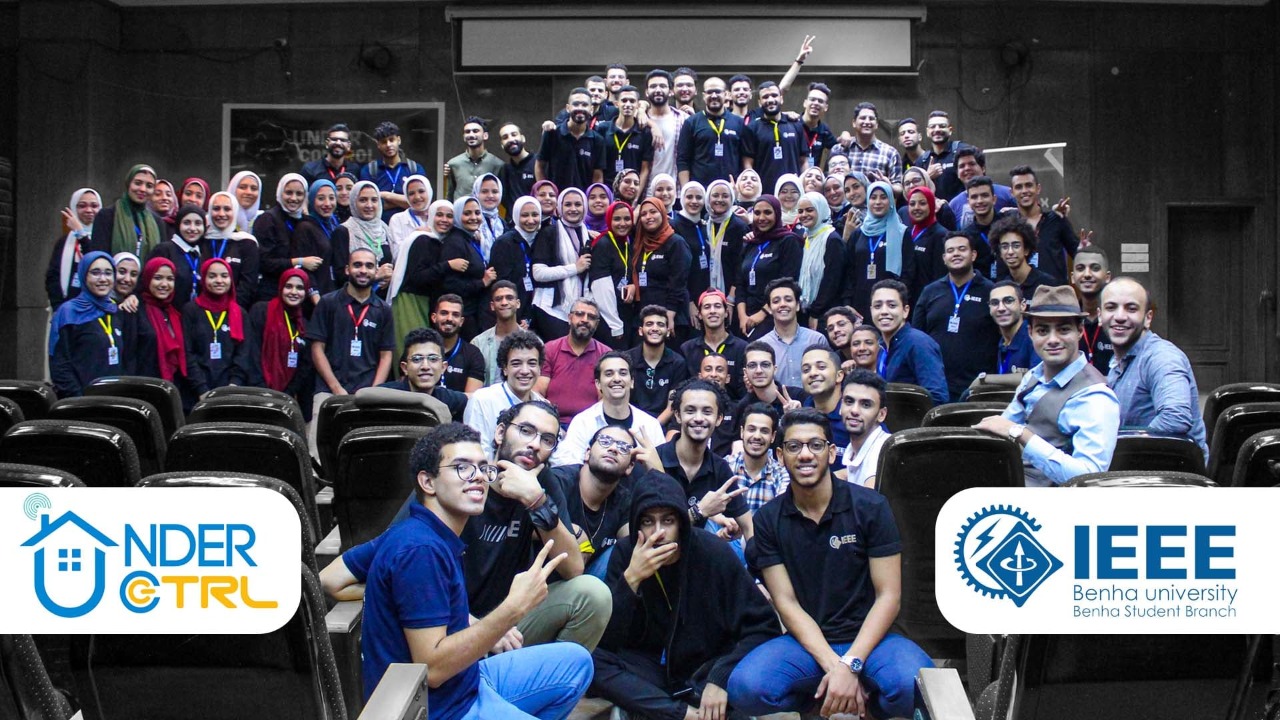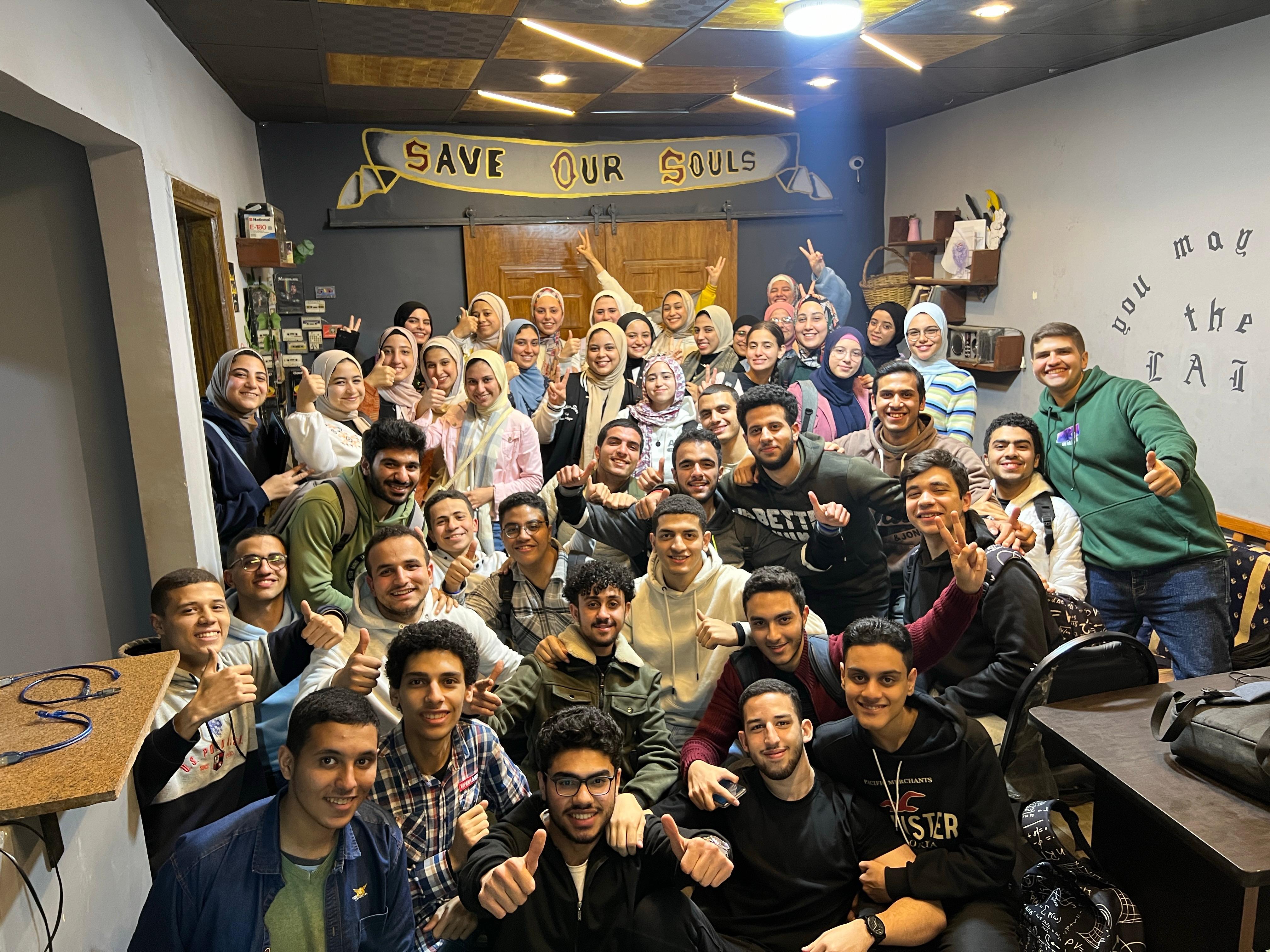What is IEEE ?
IEEE is a non-profit organization with a global presence, spanning over 160 countries and boasting morethan 400,000 volunteers.Its mission is to advance technological innovation and excellence for the bettermentof humanity,particularly in fields like Communication, Computer Engineering, and Electrical Engineering.IEEE achieves this through extensive publication of scientific material, including over 200 papers and magazines annually, along with organizing more than 1200 conferences yearly.Membership in IEEE is voluntary, with individuals from various backgrounds contributing their time and expertise.The organization facilitates information exchange and collaboration among members, fostering a community where members benefit from shared knowledge and experiences.Additionally, IEEE plays a vital role in developing international standards, ensuring consistency and quality in technological advancements.Its structure includes international and national sections, as well as student branches in universities,which provide opportunities for students to learn technical and soft skills through various committees and teams.

Membership
IEEE membership offers a valuable opportunity to advance professionally and personally. It provides access to a dynamic job market through internships, scientific papers, magazines, conferences, and online courses tailored to various fields. Members can enhance both technical and soft skills, benefit from a supportive community, and build a global network of experienced professionals. Collaboration among members fosters knowledge sharing and skill development, while humanitarian activities contribute to societal improvement. Additionally, membership grants access to international events, conferences, awards, and discounts on products. Overall, IEEE membership empowers individuals to grow, contribute to their fields, and make a positive impact on society.

IEEE Technical Chapter
Technical chapters within IEEE sections cater to members sharing common interests in a specific technical field, offering speakers, workshops, and seminars. They also foster local networking opportunities, aiding both personal and professional growth. Chapters can be formed through requests to the local IEEE organizing unit, benefiting students through special prizes and networking experiences crucial for job applications. Chapters typically consist of officers and offer opportunities for yearly gatherings to discuss achievements. Formation can occur within universities, following paths of broadening existing chapters, creating joint chapters, or establishing brand-new ones. The DLP system facilitates access to prominent speakers, supported financially by IEEE. Newsletters share chapter achievements, fostering collaboration and idea exchange. Reporting, crucial for recognition and financial aid, is often overlooked, emphasizing the role of the secretary in documenting chapter activities.